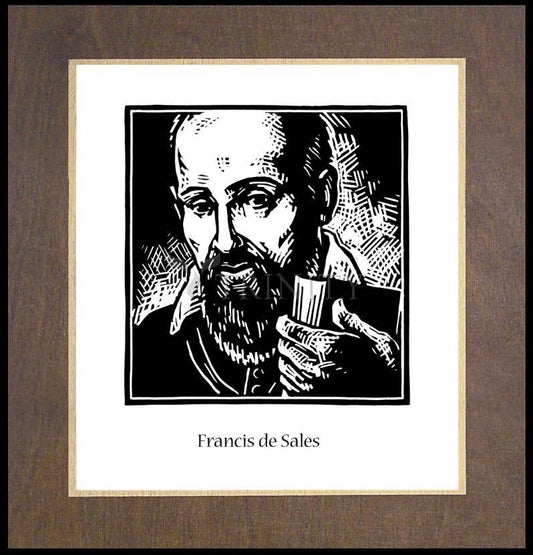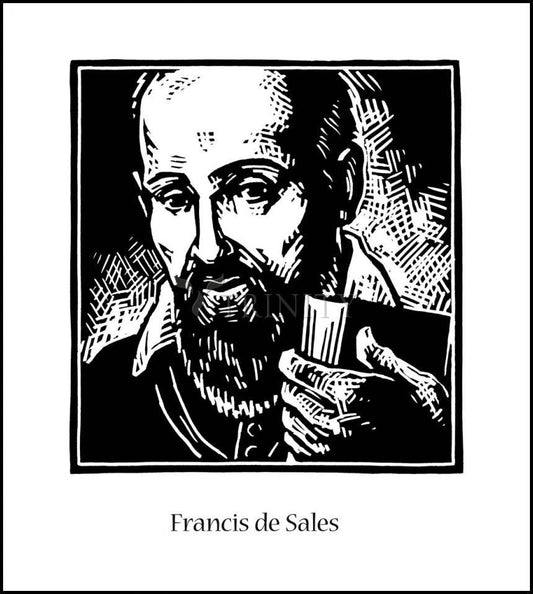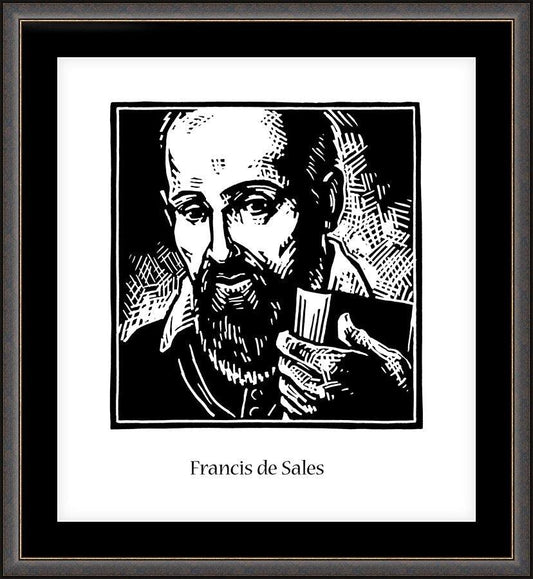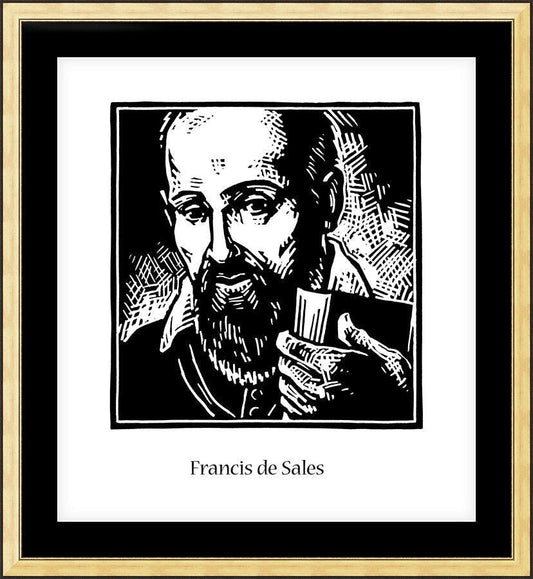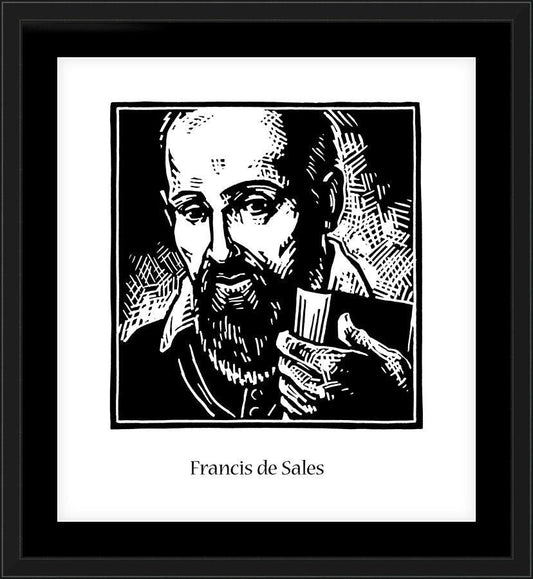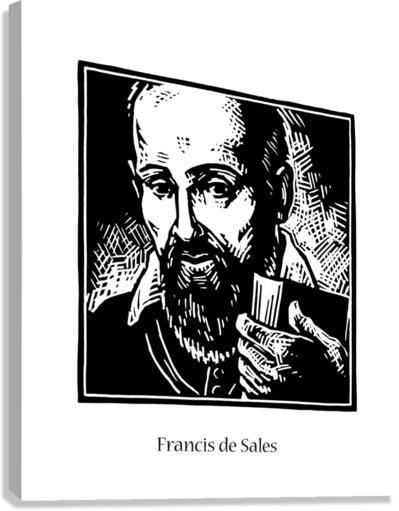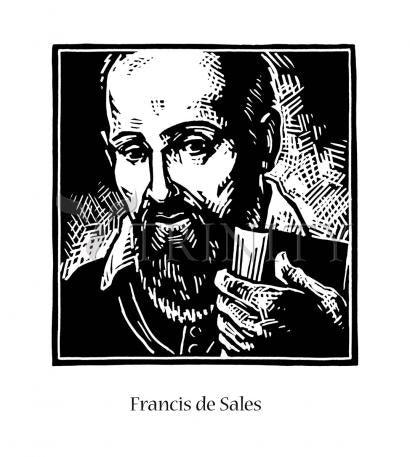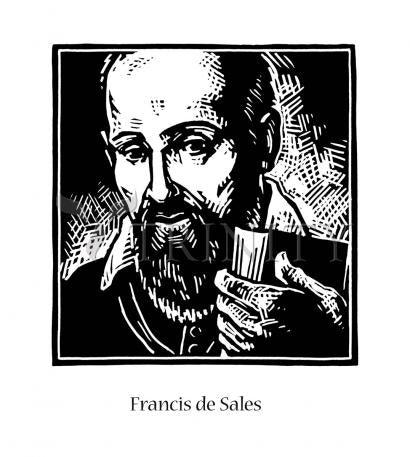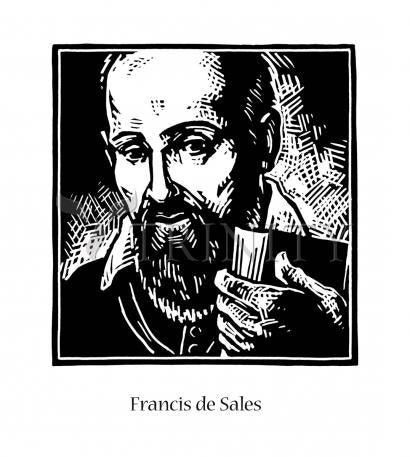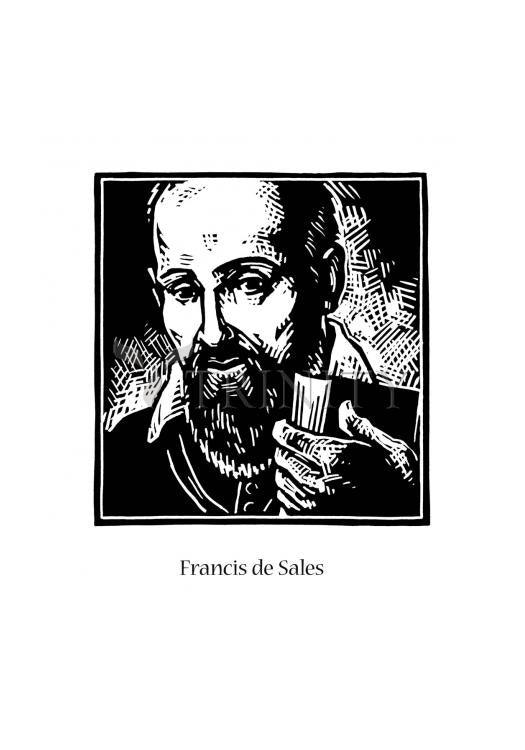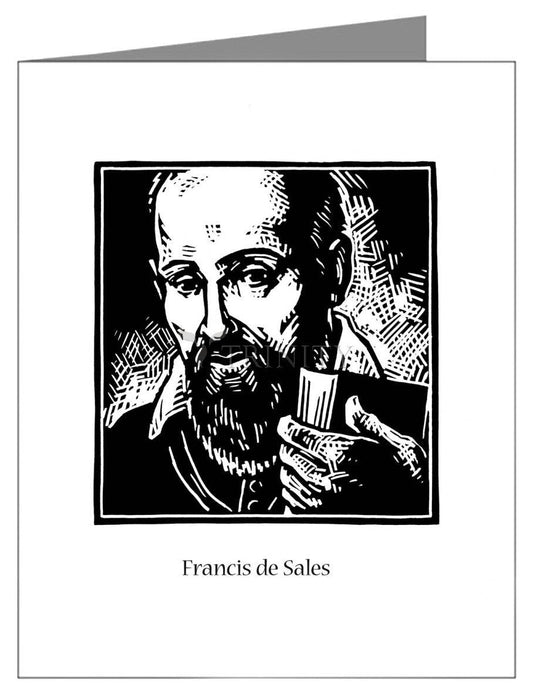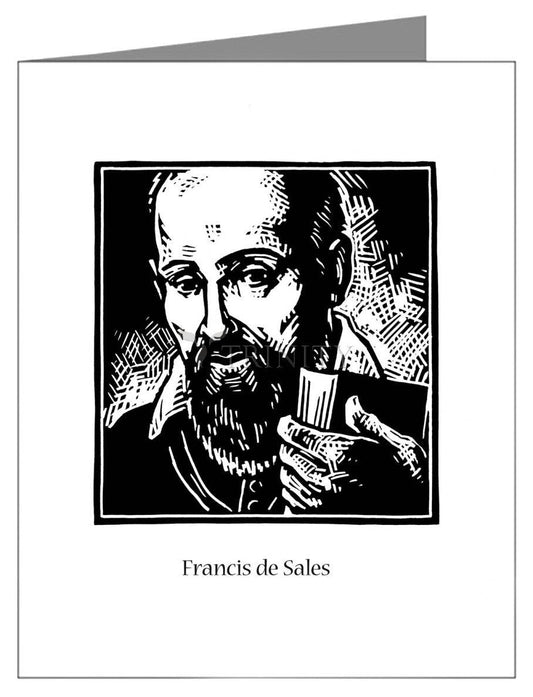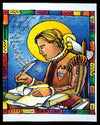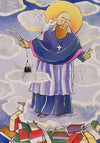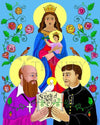Francis was born in the family castle just 21 years after the death of Martin Luther, and contributed enormously to the success of the Counter Reformation. The Council of Trent, which embodied the true principles of self-reformation of the Church, finished its final session just four years before Francis's entry on the earth.
His life was contemporaneous with a galaxy of saints that mark any period of challenge to the Church: Pope Saint Pius V whose Dominican habit became the model for today's pontifical dress, SS. Charles Borromeo, Philip Neri, Teresa of Avila, John of the Cross, Francis Borgia, Stanislaus Kostka, Aloysius, John Berchmans, Vincent de Paul, Peter Baptist, Peter Canisius, Peter Claver, Peter Fourier, Jane Frances de Chantal, John Francis Regis, and Mary Magdalene de Pazzi. His time was similar to that of the great Apostolic Age, a second visible coming of the Holy Spirit.
Of high lineage on both sides of the family, Saint Francis may have aspired to almost any position in the state. Francis was the eldest son of Francis, Seigneur de Nouvelles, and Frances of Sionas, (it's not a surprise then that he was named Francis!). Born prematurely (7th month), Francis was a sickly child. The day following his birth, he was baptized Francis Bonaventure. Because his health was so delicate, his mother and Abbé Déage taught him the virtuous life at home.
Perhaps Francis was influenced in later life because of the room in which he was born --Saint Francis's room. Here there was a painting of Saint Francis of Assisi preaching to the birds and fish. Today's saint certainly imitated his patron's simplicity and gentleness.
Born: 1567 at Chateau of Thorens, Savoy
Died: December 28, 1622 at Lyons; buried at Annecy
Beatified: January 8, 1662 by Pope Alexander VII
Canonized: April 19, 1665 by Pope Alexander VII



